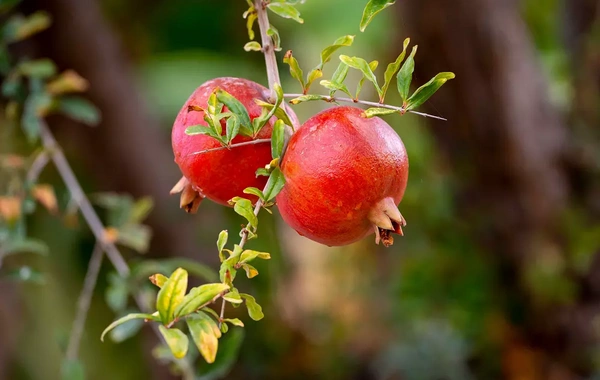Natural substance found that stops the spread of cancer cells

A team of researchers led by Dr. Hideyuki Saya from Fujita University in Japan has discovered that benzaldehyde - a chemical compound that gives almonds, apricots, and figs their characteristic smell - helps fight cancer cells resistant to therapy. The work was published in the British Journal of Cancer (BJC).
Cancer cells can rapidly multiply and change their structure, transitioning from a dense epithelial state to a more mobile mesenchymal one, which promotes their spread and resistance to treatment. Researchers focused on benzaldehyde's ability to block this process.
In experiments on mice with pancreatic tumors, benzaldehyde suppressed the growth of malignant cells, including those resistant to radiation therapy and the drug osimertinib. In cell cultures, the substance enhanced the effect of radiation treatment and destroyed previously resistant cells.
The mechanism of action is related to benzaldehyde preventing the interaction of the signaling protein 14-3-3ζ with phosphorylated histone H3 (at serine 28). This interaction is important for cancer cell survival and treatment resistance. By blocking it, benzaldehyde reduces the expression of genes responsible for tumor plasticity and resistance.
"The protein 14-3-3ζ has long been considered a target for therapy, but directly suppressing it is dangerous due to its role in normal cells. Our results show that benzaldehyde can effectively block key interactions without harming the body," noted Dr. Saya.
Scientists hope that benzaldehyde will become a new addition to existing anti-cancer methods, increasing their effectiveness and overcoming the problem of drug resistance.
Similar News
A substance for protecting nerves and the heart has been found in pomegranate leaves
A natural compound from pomegranate leaves and branches is capable of destroying harmful protein aggregates associated with transthyretin (TTR) amyloidosis — a...




 Azərbaycanca
Azərbaycanca  По-русски
По-русски  English
English 






